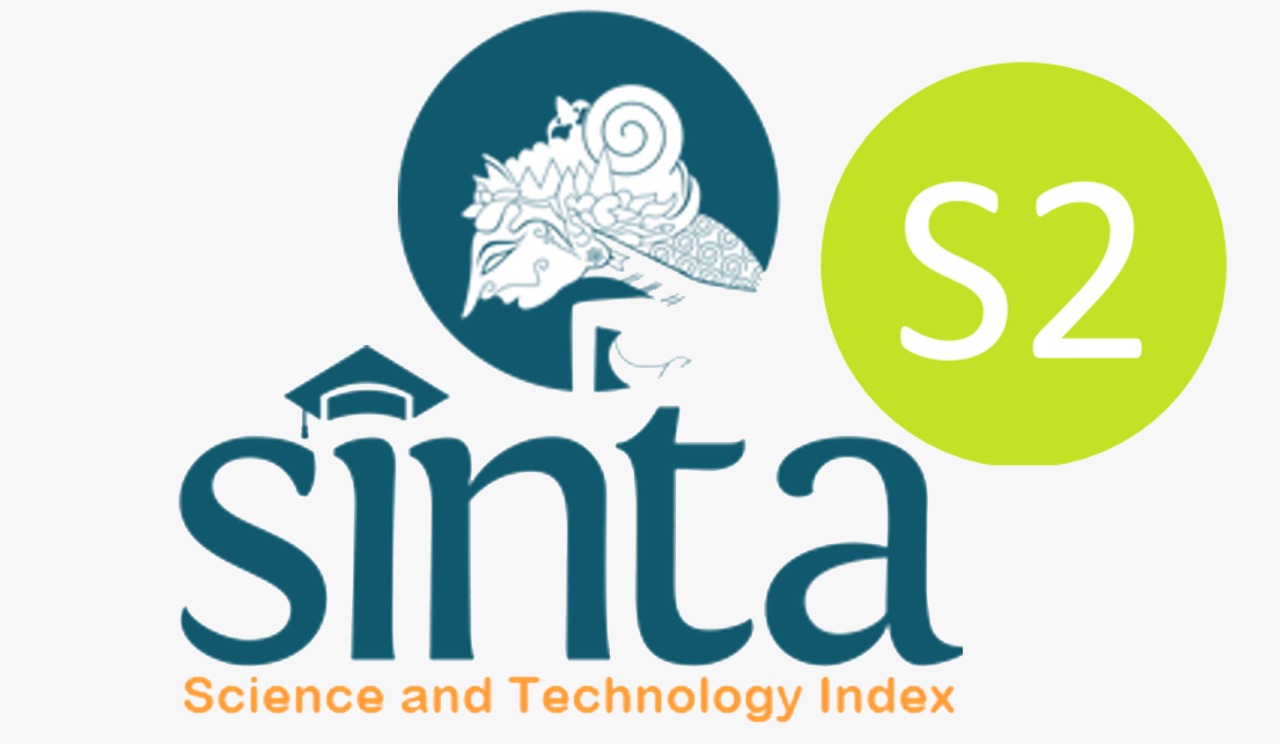BUSINESS RISK, FINANCIAL RISK AND FIRM PERFORMANCE AN EMPIRICAL STUDY OF INDONESIAN MANUFACTURING SECTOR
Downloads
Introduction: This paper empirically examines the impact of degree of
operating leverage (DOL) and degree of financial leverage (DFL) to firm
performance by using size as control variable. Firm performances used
are return on equity (ROE) and market to book ratio (MTB).
Methods: Statistical tool used is pooled regression while sample used is
all Indonesian manufacturing firms listed in Indonesia Stock Exchange
from 2009-2013.
Results: The findings revealed that high fixed asset firms pose higher DOL
compared to those of lower ones; and highly financial leveraged firms
pose significantly higher DFL compared to those of lower financial
leveraged ones. Further, both DOL and DFL impacting ROE in negative
manner but only DOL is statistically significant, while all variables (DOL,
DFL and Size) impacting MTB in negative manner but only size is
statistically significant.
Conclusion and suggestion: The finding shows that Indonesian stock
market investors do not regard risks as important elements in making
investment decisions. The findings, however, pose a quite low R squared
value of 1.39% for ROE and 2.4% for MTB. This means only those
percentage of ROE and MTB can be explained from the variables used in
this research. Thus, the author encourge more variables should be
included in the future research, including macro economic variables, as it
is one of the key component in firm performance.
Ali, Masyhud. 2006. Manajemen Risiko: Strategi Perbankan dan Dunia Usaha Menghadapi Tantangan Globalisasi Bisnis. Jakarta:PT Raja Grafindo Persada
Bank Indonesia, 2003. Peraturan Bank Indonesia Nomor: 5/8/PBI/2003 Tentang Penerapan Manajemen Risiko Bagi Bank Umum.
Bank Indonesia, 2003. Surat Edaran Bank Indonesia Nomor: 5/22/DPNP Tentang Pedoman Standar Sistemn Pengendalian Intern bagi Bank Umum.
Bank Indonesia, 2005. Peraturan Bank Indonesia Nomor: 7/2/PBI Tentang Penilaian Kualitas Aktiva Bank Umum.
Bessis, Joel. 2002. Risk Management in Banking,2nd edition. England: John Wiley & Sons, Ltd
Bonfirm, Diana, 2009, Credit Risk Drivers: Evaluating the Contribution of Firm Level Information and of Macroenonomic Dynamics, Journal of Banking & Finance 33 (2009) 281-299
Bungin, M. B. 2007. Penelitian Kualitatif: Komunikasi, Ekonomi, Kebijakan Publik, dan Ilmu Sosial Lainnya. 2007. Jakarta: Kencana.
Creswell, J, W., et al. 2007. Qualitative research designs selection and implementation. The Counselling Psychologist, 35(2), 236-264.
Dorfman, S Mark. 2008. Introduction to Risk Management & Insurance.USA. New York: John Wiley & Sons, Inc.
Ellul, Andrew, Vijay Yerramili. 2010. Stronger Risk Controls, Lower Risk: Evidence from US. Bank Holding Companies. AFA 2011 Denver Meetings Paper.
Ferry N, Idroes.2008. Manajemen Resiko Perbankan. Jakarta : Rajawali Pers
Gup,E Benion dan Kolari, W James.2005. Commercial Banking – The Management of Risk, 3rd edition.USA:John Wiley & Sons, Inc
Hasibuan, Malayu S.P. 2007. Dasar-Dasar Perbankan. Jakarta: Bumi Aksara.
Hefferman, Shelagh. 2005. Modern Banking. England: Jhon Wiley & Sons,Ltd
Kasmir, 2010. Bank dan Lembaga Keuangan Lainnya. Jakarta: Rajawali Pers.
Republik Indonesia, 1998. Undang-Undang Republik Indonesia Nomor 7 Tahun 1992 Tentang Perbankan Sebagaimana telah Diubah Dengan Undang-Undang Nomor 10 Tahun 1998.
Roszbach, K,L,C,K, 2006, Corporate Credit Risk Modelling and the Macroeconomy, Forthcoming: Journal of Banking & Finance.
Stephanou,Constantinos dan Mendoza, Juan C. 2005. Credit Risk Measurement Under Basel II: An Overview and Implementation Issues for Developing Countries. World Bank Policy Research Working Papper3556
Vaughan, J Emmet dan Vaughan, M Threse. 2001. Essentials of Risk Management & Insurance, 2nd edition. USA. New Jersey: Pearson Education.
Yin, Robert K. 2003. Case Study Research:Design and Methods, Third Edition. Sage Publications, Inc, California
The journal allows the author to hold the copyright of the article without restrictions.
The journal allows the author(s) to retain publishing rights without restrictions
The legal formal aspect of journal publication accessibility refers to Creative Commons Attribution Share-Alike (CC BY-SA).
Jurnal Ekonomi dan Bisnis Airlangga (JEBA) is licensed under a Creative Commons Attribution-ShareAlike 4.0 International License

















